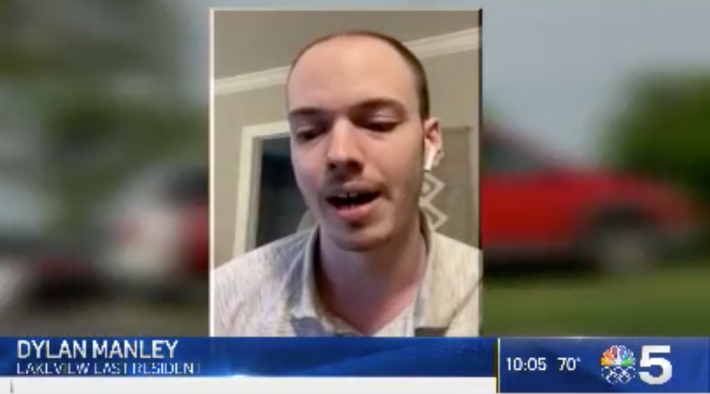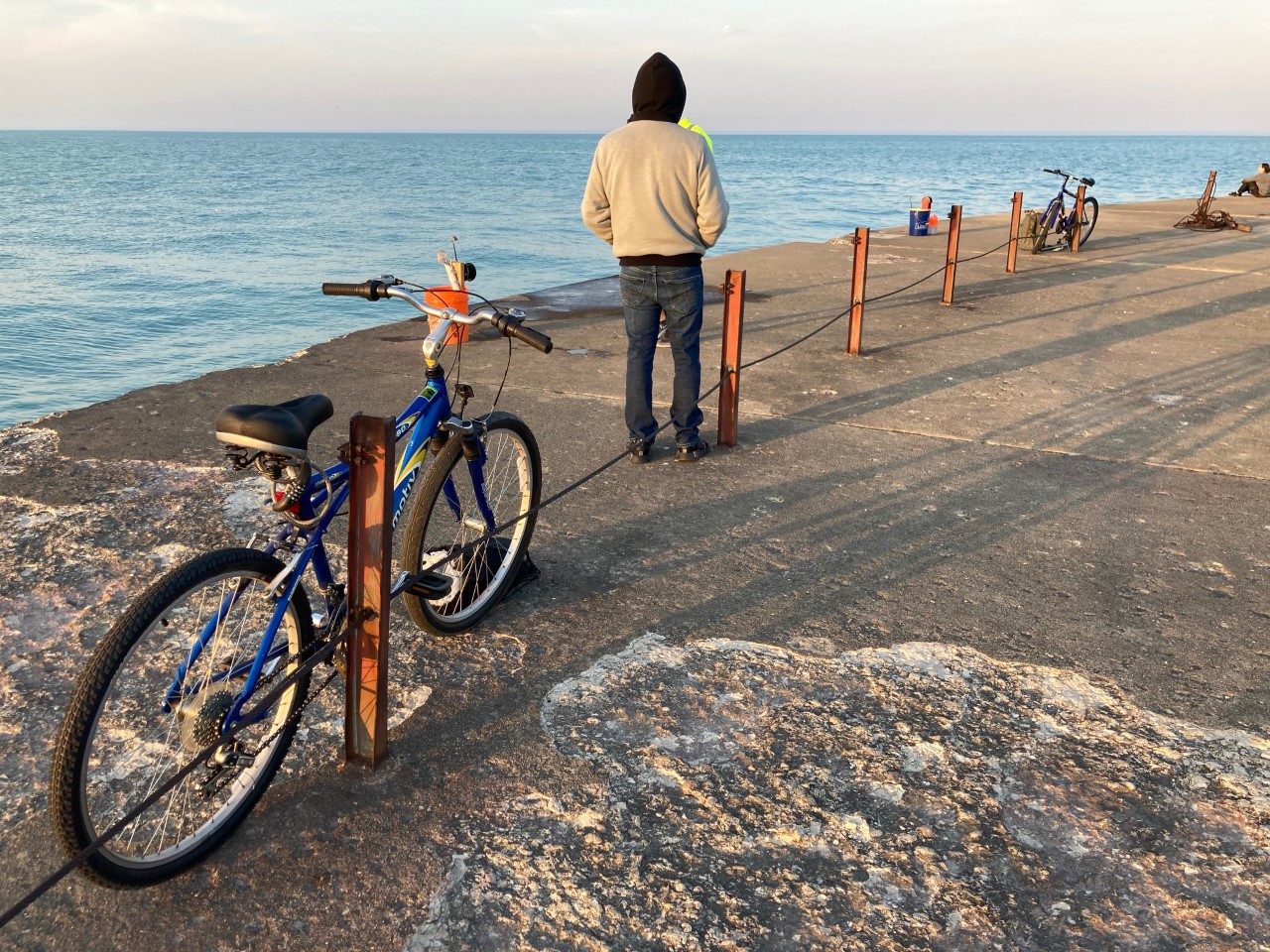In March, when the city announced plans to add parking meters at Montrose Harbor, just about the only large Chicago beach with no meters, the Chicago Area Runner's Association passionately argued that keeping it super-convenient and free for car owners to park at the North Side facility was a major social justice issue. The advocacy group even launched a petition that garnered more than 12,000 signatures. That's not surprising, since motorists love being able to store their large metal boxes on the public way at no cost.
As part of their campaign, CARA crunched the numbers and found that, with the $2.25 per hour meter rate (there will still be plenty of free spaces, just located a longer walk from attractions like the beach and bird sanctuary), total travel expenses for a group of four driving to the harbor and using a metered parking space for four hours would be $14.60. The group meant to highlight how expensive that would be, but it actually just proved that parking would still be $3.40 cheaper than roundtrip CTA bus fare for the same group. That is, under the “inequitable” parking meter scenario, people who can afford to drive would still pay almost 20 percent less than those who can’t. It was a textbook example of a “self-own.”

Sadly for CARA, its crusade was fruitless. Despite the backlash, the city went ahead and installed the pay-and-display boxes, and the meters were activated this morning, according to an NBC Chicago report. However, motorists can console themselves with the fact that incentive to avoid single-occupant car trips to the beach will mean more people carpooling, riding the bus, biking, and walking instead, which means less time stewing in traffic jams. Plus, quicker parking turnover rates will make it easier to find an available spot. Meanwhile, the rest of us will benefit from safer streets, cleaner air, and shorter bus trips.
But running association director Greg Hipp continued to decry the loss of car parking that is both free and requires little walking to one's destination. “The meters come on tomorrow, and we’re disappointed to see that... limiting people’s access to the park is never the right decision” he told NBC yesterday. “The average person who comes to the park twice a month, it is going to cost them $300 a year.” Well, yes, assuming they don't use the available unmetered parking, stay three hours all 24 times they visit, and don't carpool. But is that really average behavior?

Fortunately NBC also spoke with Lakeview East resident Dylan Manley, who injected some common sense into the conversation. “When we discourage driving and parking, it really makes the city cleaner and safer in a lot of ways. Discouraging driving is an important step, but what I’m really hoping to see if the city and CTA stepping up with more bus service and bike lanes going toward that direction.”
Indeed, while adding meters to Montrose to help plug Chicago's budget hole was a reasonable strategy, the city should also improve transit and bicycle access to the beach, which would make leaving your car at home an even more practical and appealing option.





